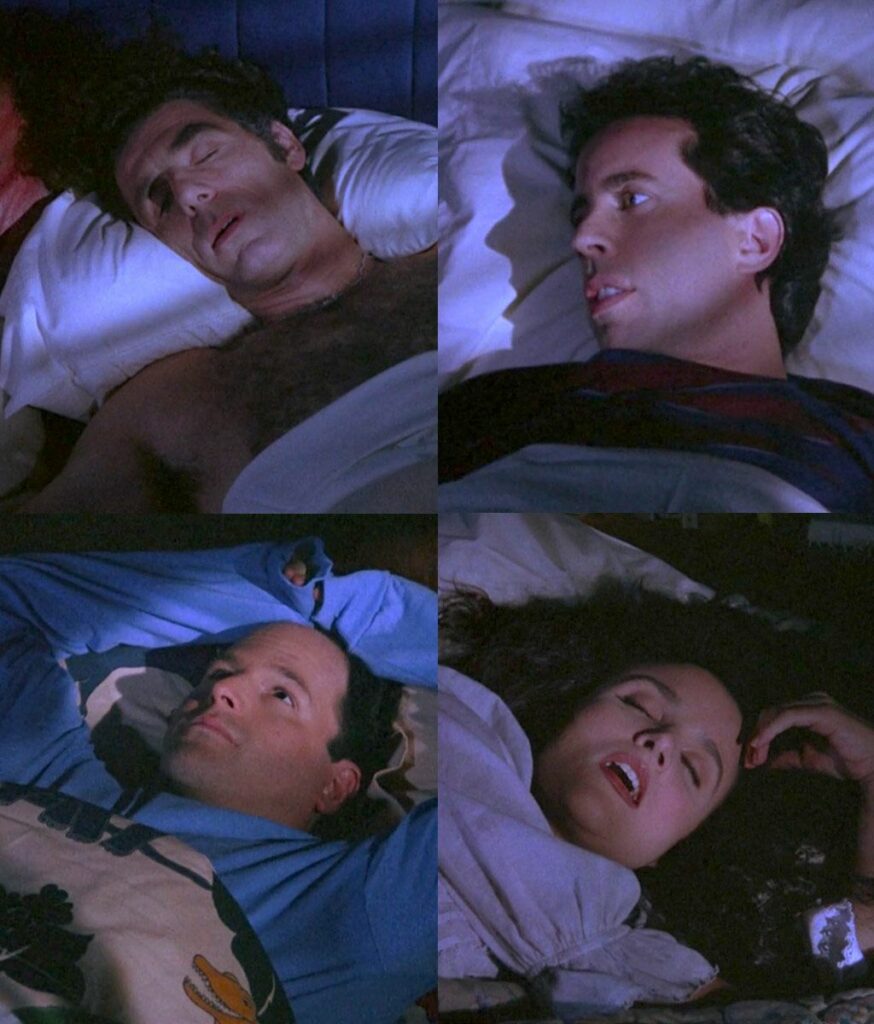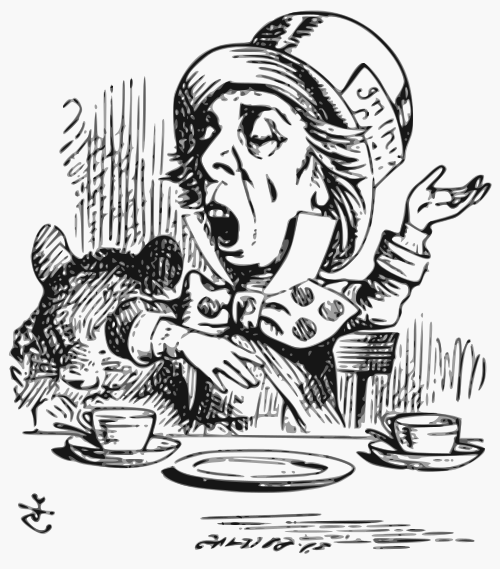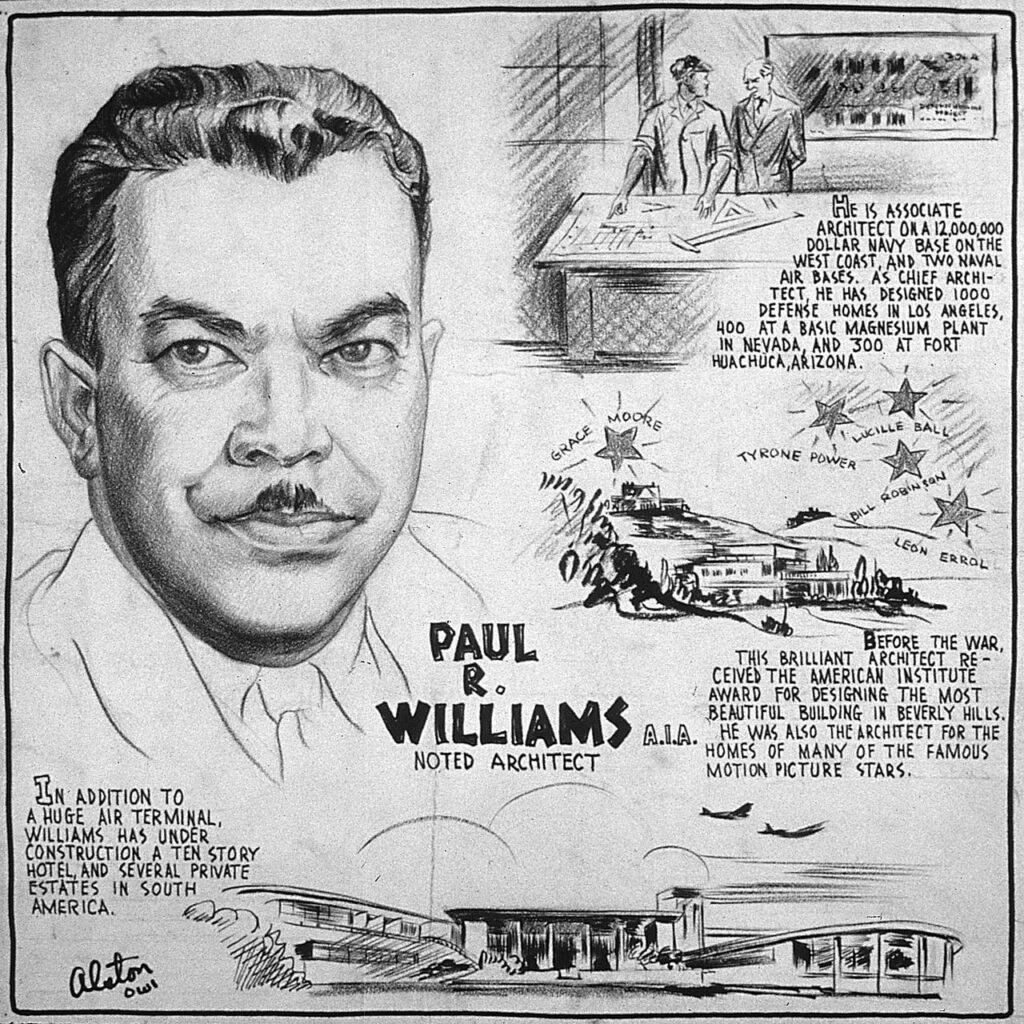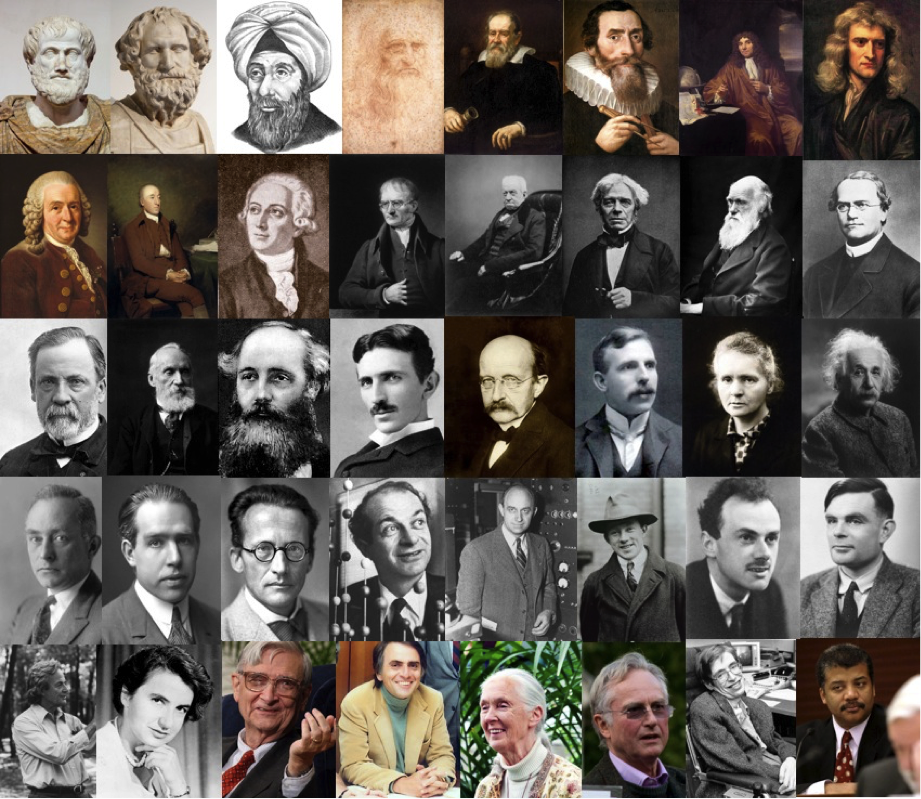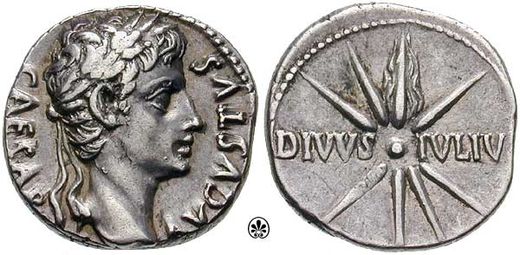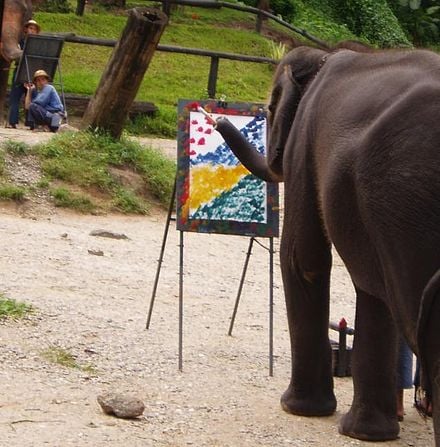The statement “To learn who rules over you, simply find out who you are not allowed to criticize” is often falsely attributed to Voltaire. It actually originated from an essay by Kevin Alfred Storm in 1993.
Kevin Alfred Strom Kevin Alfred Strom (born August 17, 1956) is an American white nationalist, neo-Nazi, Holocaust denier, white separatist and associate editor of National Vanguard. Strom resigned from National Vanguard in July 2006, but rejoined in 2012. In 2008, Strom pleaded guilty to possession of child pornography and was sentenced to 23 months in […]

